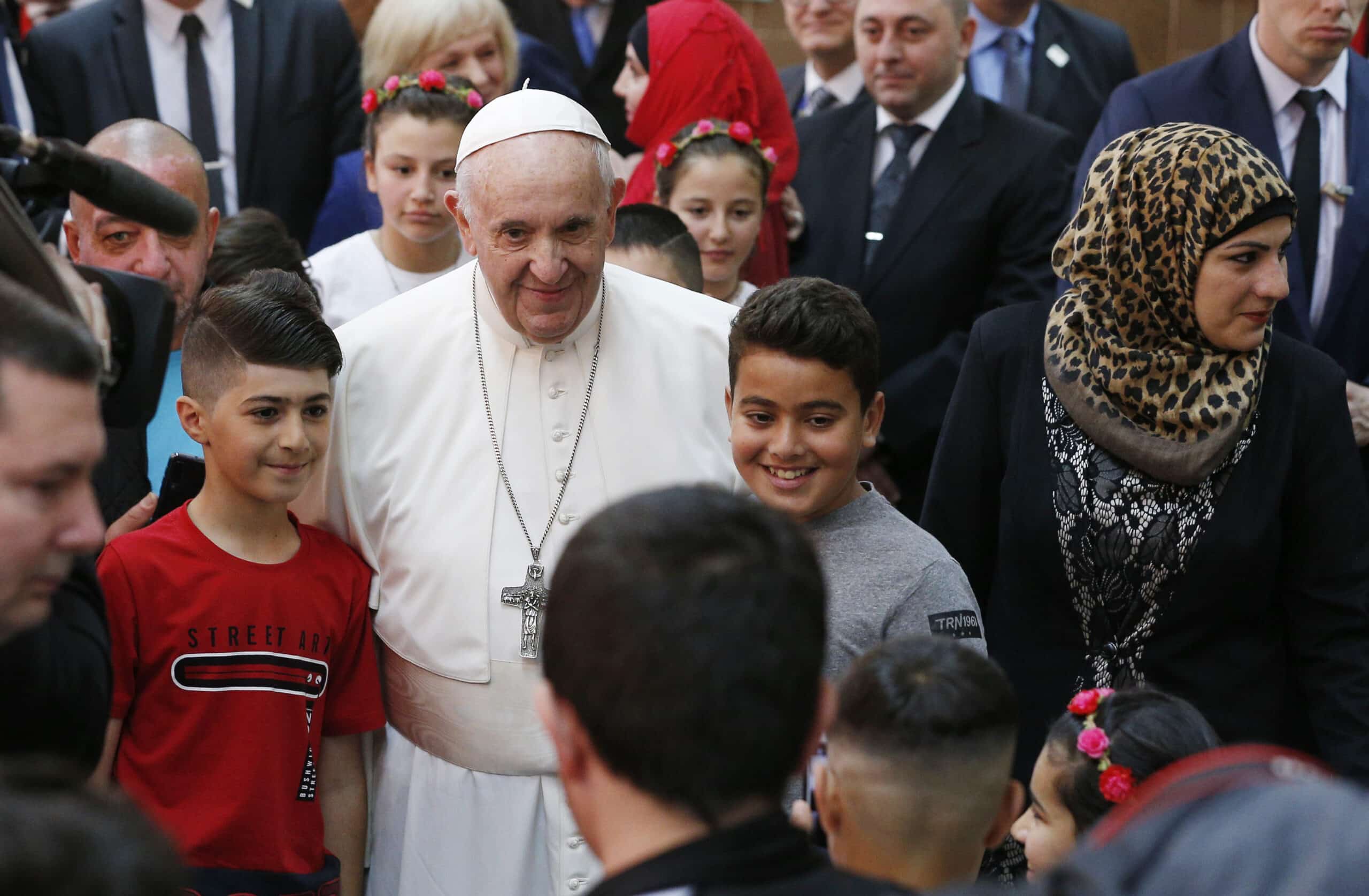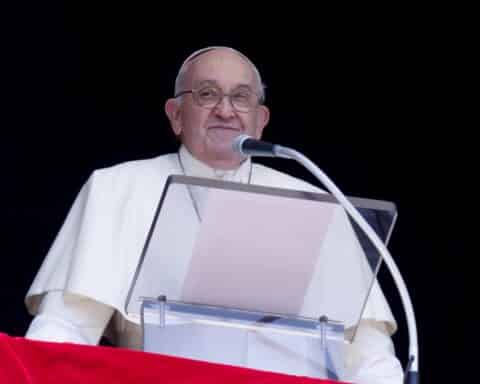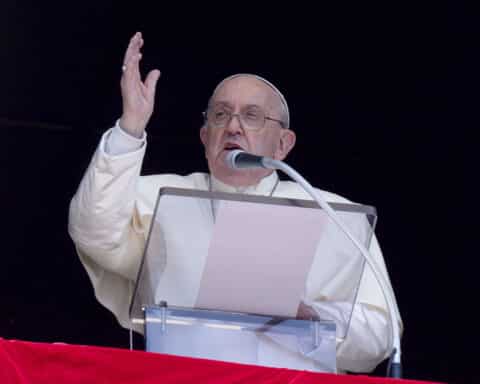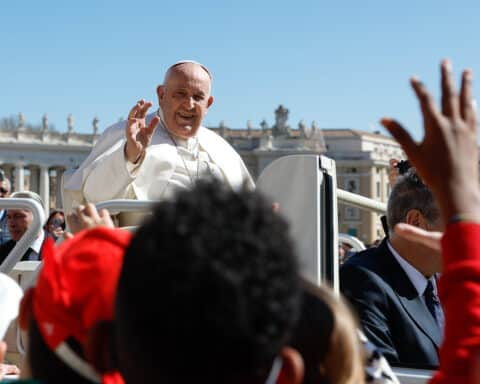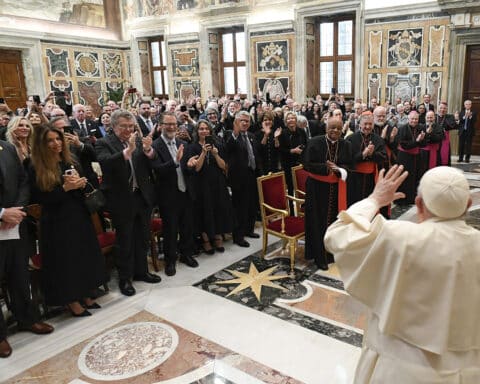Pope Francis recently completed a three-day trip to Bulgaria and North Macedonia — two small Eastern European countries where Catholics make up only a minute portion of the population. With so few Catholics, some may wonder, why make the effort?
But the trip was quintessential Pope Francis in its outreach to the peripheries. With his focus on migrants and refugees, and his call for greater interfaith and ecumenical dialogue, Francis honed in on themes that have been central to his pontificate for the past six years — and which have application far beyond the region.
Since the fall of communism, Bulgaria’s economy has struggled, and many citizens have emigrated elsewhere in the European Union in search of better employment opportunities. At the same time, the country has seen significant immigration, as migrants from Iraq, Afghanistan and Syria have sought refuge within its borders during wartime. With these complexities in mind, the pope took the opportunity to encourage Bulgarians to look past labels and instead see others with the eyes of faith — not “classifying those who are worthy of love and those who are not, but trying to create the conditions in which every person can feel loved, especially those who feel forgotten by God because they are forgotten by their brothers and sisters.” It’s a message that resounds in its universality, being just as relevant for our families, communities and society as it is for those on the other side of the world.
Pope Francis also sought to advance ecumenical dialogue by highlighting common ground between Catholics and Orthodox, including martyrs who have given their lives in the name of faith, a common heart for service to the poor, and a veneration of Sts. Cyril and Methodius, who are significant figures in both churches. Bulgaria, the pope said, is “a crossroads where various religious expressions encounter one another and engage in dialogue” — another message with universal application.
Throughout his trip, he brought out the larger themes of respect for and love of neighbor. It was fitting, therefore, that one of his final stops was in Skopje, North Macedonia, the birthplace of St. Teresa of Calcutta — a woman who was driven, in all she said and did, by love for others.
“Moved by the love of God,” Pope Francis said, Mother Teresa “made love of neighbor the supreme law of her life.”
While visiting the Memorial House of Mother Teresa, which was built on the site of the church where she had been baptized on Aug. 27, 1910, Pope Francis prayed that God would enable Christian believers “to become signs of love and hope in our own day when so many are poor, abandoned, marginalized and migrants.”
The pope’s focus on these themes by no means indicates that he was not present to the area’s Catholics. In the small town of Rakovski, Bulgaria, where the majority of the population is Catholic, the pope, in a touching gesture, gave first Communion to 245 children.
“Jesus is alive and here with us; that is why we can encounter him today in the Eucharist,” he said. “We do not see him with our physical eyes, but we do see him with the eyes of faith.” And later that day, he urged Catholics in the nation not to be timid about handing on the Faith — another point that resonates with those of us in the United States.
“We have to ask how we can translate the love God has for us into concrete and understandable languages for the younger generations,” the pope said. The key is “finding ways to touch their hearts, to learn about their expectations and to encourage their dreams as a community-family that supports, accompanies and points to the future with hope.”

